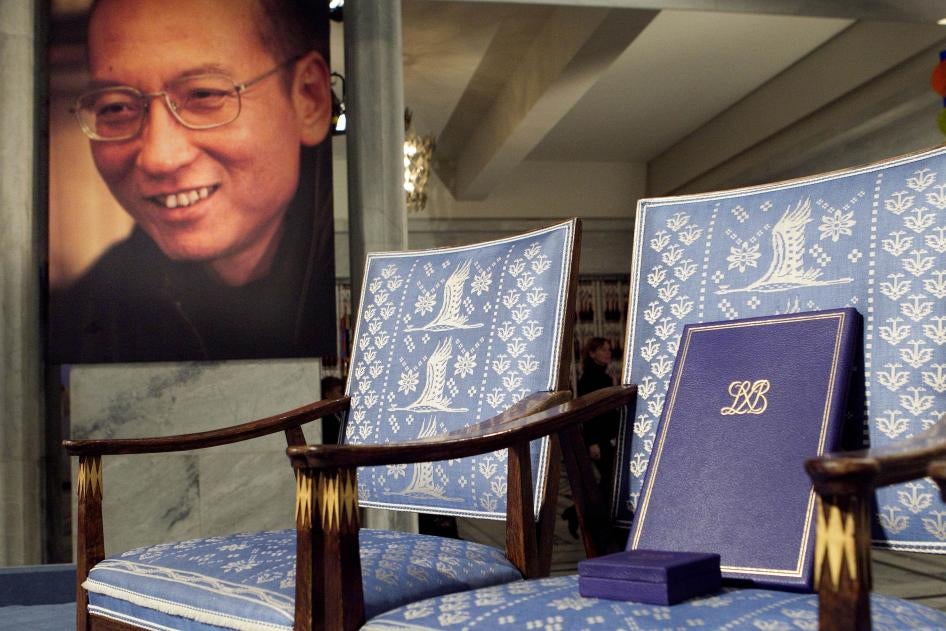Remembering Liu Xiaobo: A Symbol of Nonviolent Resistance

On July 13, 2017, Liu Xiaobo (劉曉波), the renowned Chinese pro-democracy activist, passed away at the age of 61. Liu, who was imprisoned for his advocacy of human rights and political reform, was unable to attend the Nobel Peace Prize ceremony held on December 10, 2010, in Oslo, Norway, due to his incarceration. The ceremony commenced with King Harald V of Norway and Nobel Committee Chairman Thorbjørn Jagland entering the hall, while Liu's seat remained empty, symbolizing his absence due to the Chinese government's refusal to allow him to participate.
During the ceremony, Jagland highlighted Liu's commitment to nonviolent efforts to improve human rights in China, stating, "Liu Xiaobo is imprisoned in a cold jail in Northeast China at this very moment for advocating basic human rights. His imprisonment and absence from this ceremony only prove that awarding him this prize was the right decision. He has done nothing wrong and must be released."
This marked the first Nobel Prize ceremony without a laureate present since 1935, when the recipient was unable to attend due to Nazi interference. Following the event, the Chinese Foreign Ministry condemned the Nobel Committee, claiming it was engaging in a political farce and asserting that its decisions did not represent the majority of the global population. In retaliation, China imposed a ban on imports of Norwegian salmon, which constituted 90% of its salmon consumption, although trade resumed in December 2016.
Liu Xiaobo was born in 1955 in Changchun, Jilin Province, and studied Chinese literature at Jilin University and Beijing Normal University. He returned to China in 1989 during the Tiananmen Square protests, where he joined a hunger strike alongside other intellectuals, earning the title of one of the 'Four Gentlemen of Tiananmen.' While many dissidents chose exile, Liu remained in China, continuing his fight for democracy.
Despite facing multiple imprisonments and labor re-education, Liu persistently called for political reform. He was arrested again in December 2008 for his role in drafting the Charter 08, which demanded an end to one-party rule, the guarantee of human rights, judicial independence, and freedoms of speech, religion, assembly, and association. In 2009, he was sentenced to 11 years in prison. His wife, Liu Xia (劉霞), was placed under house arrest for nearly eight years after visiting him following the announcement of his Nobel Prize.
Liu Xiaobo, a Nobel laureate who never had the chance to wear his medal, died from multiple organ failure while receiving treatment at the First Affiliated Hospital of China Medical University in Shenyang. He had been diagnosed with terminal liver cancer during a routine prison check in late May and had been under state supervision for treatment since early June. His request to seek treatment abroad was denied by the authorities. Liu Xia was released from house arrest just three days before the first anniversary of her husband's death, departing for Germany on July 10, 2018.
What do you think?
0 reactions





